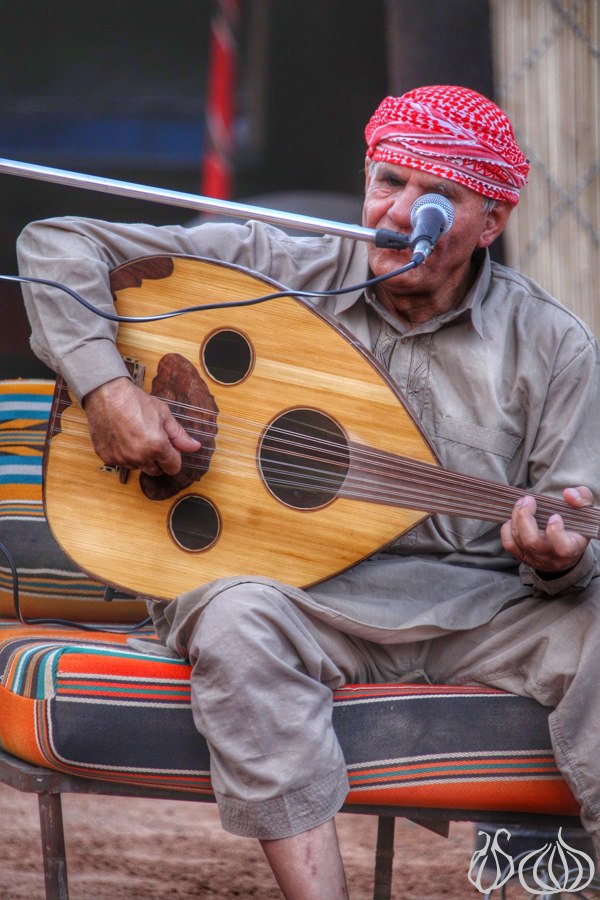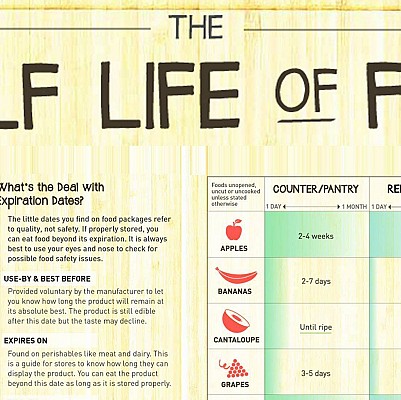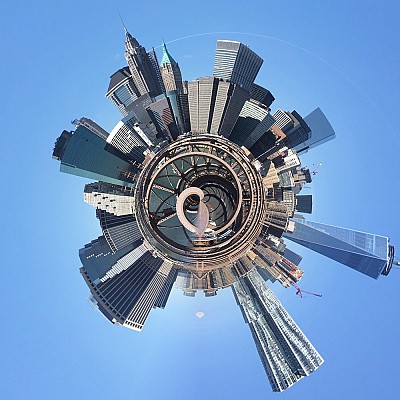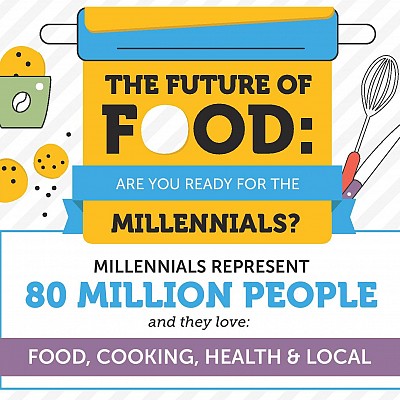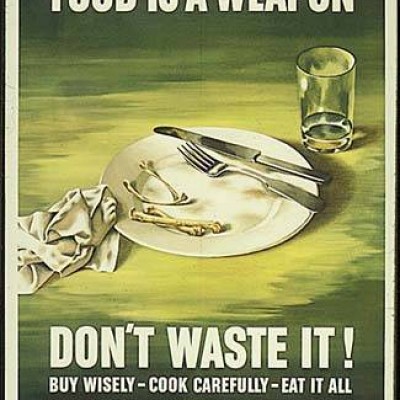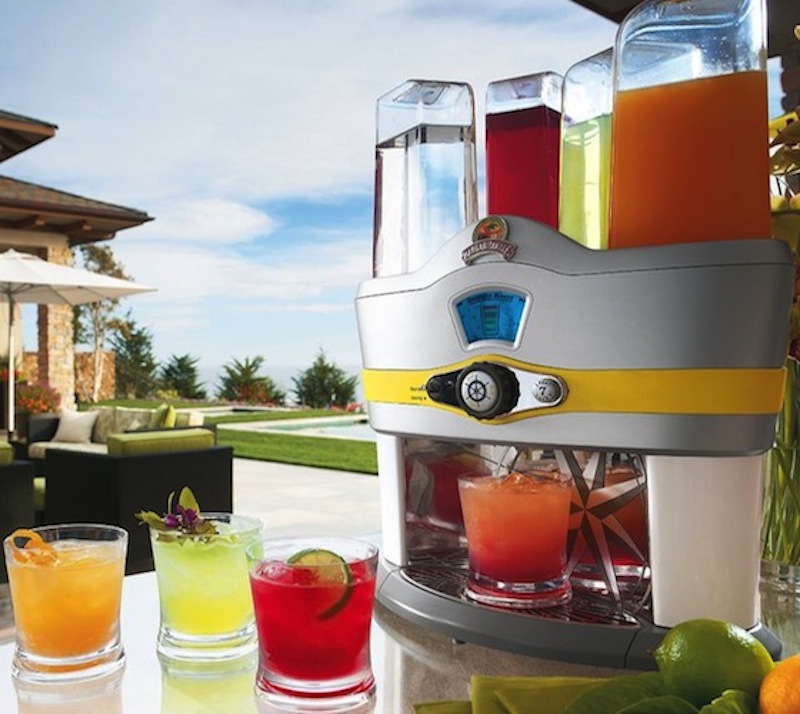 CHECK OTHER REVIEWS FOR THIS PLACE:
CHECK OTHER REVIEWS FOR THIS PLACE:
It was 6pm when we reached the Captain's Camp, a desert camp located in Wadi Rum, Jordan. "Yalla Antonn," the man called out for me, as we arrived at exactly the time they were preparing a feast and the limelight was what they call Zarb - one of Jordan's known culinary wonders prepared in a very original and cultural manner. Attending the process from start to finish was crucial and definitely worth seeing.

Wadi Rum is a protected area covering 720 square kilometers of dramatic desert wilderness in the south of Jordan. Huge mountains of sandstone and granite emerge, sheer-sided, from wide sandy valleys to reach heights of 1700 meters and more. Narrow canyons and fissures cut deep into the mountains and many conceal ancient rock drawings etched by the peoples of the desert over millennia. Bedouin tribes still live among the mountains of Rum and their large goat-hair tents are a special feature of the landscape.

To safeguard its unique desert landscape, Wadi Rum was declared a protected area in 1998 and an intensive conservation program is now underway.


- Standard: A 16sqm Bedouin goat hair tent divided to compartments and provided with beds, sheets, covers, pillows and furnished with carpets and mosquito net. Guests share the restrooms and showers in a separated unit. The tent is proposed with breakfast and dinner for $50/person ($100/couple)
- Deluxe: A 16sqm private Bedouin goat hair tent provided with beds, sheets, covers, pillows furnished with carpets and mosquito net. The tent is proposed with a private bathroom, dinner and breakfast for $75/person ($150/couple)
- Suite: For luxury and great space that’s your choice. A 48sqm Bedouin goat hair tent with more space at the front with Bedouin rugs and carpets, king size bed, Bedouin low seated table and full bathroom served with private staff. $300 for a maximum of 6 persons.
- Some tents have Air Conditioning system on demand
- The suite and deluxe room have their own bathrooms
- All prices include dinner and breakfast
- A buffet of salads
- A choice of there hot dishes changed every day
- BBQ (arayess, chicken, meat)
- Sweets
- Fruits
- Shrak bread (the Bedouin saj bread)

- As ancient and traditional cooking practices go, the zarb is perhaps the most dramatic. It consists of lamb or chicken, sometimes herbs and vegetables, which have been buried in an oven with hot coals beneath the desert sands. When it’s time for the meat to resurface, the sand is brushed away, the lid comes off, and the glorious slow-roasted fragrances billow into the air.
- For centuries the bedouin have been cooking like this throughout the Arabian peninsula. When tribesmen roamed across the desert in search of water and pasture for their animals, they kept their cooking equipment to the bare minimum. An earth oven could be dug quickly, and hot embers and stones from the campfire could be placed inside. The meat would be wrapped in palm leaves, and a mound of sand would seal in the heat.
- Eat zarb with the bedouin in Wadi Rum today, and you’ll see that only a few things have changed. The meat is still cooked underground, but often in an iron pot with a heavy lid that gets covered with sand. The meat may be wrapped in foil rather than palm leaves, but the lamb falls off the bone just as would have hundreds of years ago. And the glittering jewel-box of stars above shines just as brightly as ever.

- Arrive 3 hours before sunset
- Take a 2 hours tour around the dessert to watch the sunset
- Tea is served as a welcome drink
- At 8pm, music starts around the camp with Oud and Tableh
- Buffet opens at 8pm after the Zarb cooking ends
- Folklore dance is a ritual after dinner
- It's 10pm already, don't skip the fire and shisha gathering
- Coffee and tea are offered free of charge all day long
- The next morning, start by a camel ride around the desert
- You can also arrange a hot air balloon to fly over Wadi Rum
- Jeep tours, camel rides, hot air balloon, horse ride, hiking , and local food like zarb, mansaf, maglobeh, BBQ... all are available at the camp

- Arabic salad
- Cut cucumbers
- Cut tomatoes
- Cut pickles
- Cut red cabbage
- Mashed potatoes with mint and parsley
- Hummus
- Tahina salad
- Macaroni
- Moutabal
- Kechke Harra
- Green olives
- Spicy salad
- Kafta wou batata
- Zarb
- Fried tomatoes
- Cake, Asabe3 Zeinab (ma3kroun)
- Watermelon

- I decided not to eat anything else than the Zarb. I was so excited to eat like the Bedouins, some real and authentic food from the kingdom. After removal from underground, the meat is first layered on a large metallic tray, followed by the chicken and then the rice comes on top covering the vegetables. On my plate was a mountain of food: Onions, chicken, meat, carrots, eggplants, tomatoes, cauliflower and rice. Let me tell you about the juiciest and most tender meal I've ever eaten in my entire life. The carrots are softer and juicier than an orange, potatoes melt under your teeth like butter, tomatoes are crushed under the chicken weight exploding their sweetness around the dish. Chicken and meat taste amazing, nothing like you have ever had in your life, you won't even need to chew since the meat and chicken were so juicy and tender.
- Vegetables can be cut with your fingers while every bite combines a hundred flavors of pure passion. I was amazed, I was in awe. What might look as a "khabsa" or an unorganized meal with no planning, is in fact a rich smokiness, tender and tasty ingredients with an interesting salty aftertaste and an enjoyable sweetness. To make this mix a special one a secret recipe of Arabic spices add the needed flavor and aromas. You can't picture how happy I was.



















